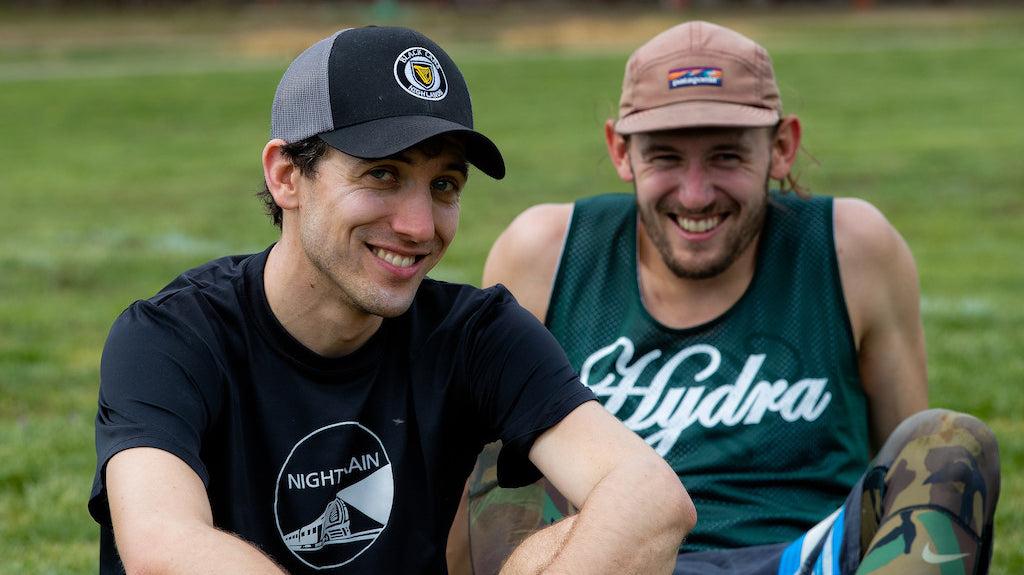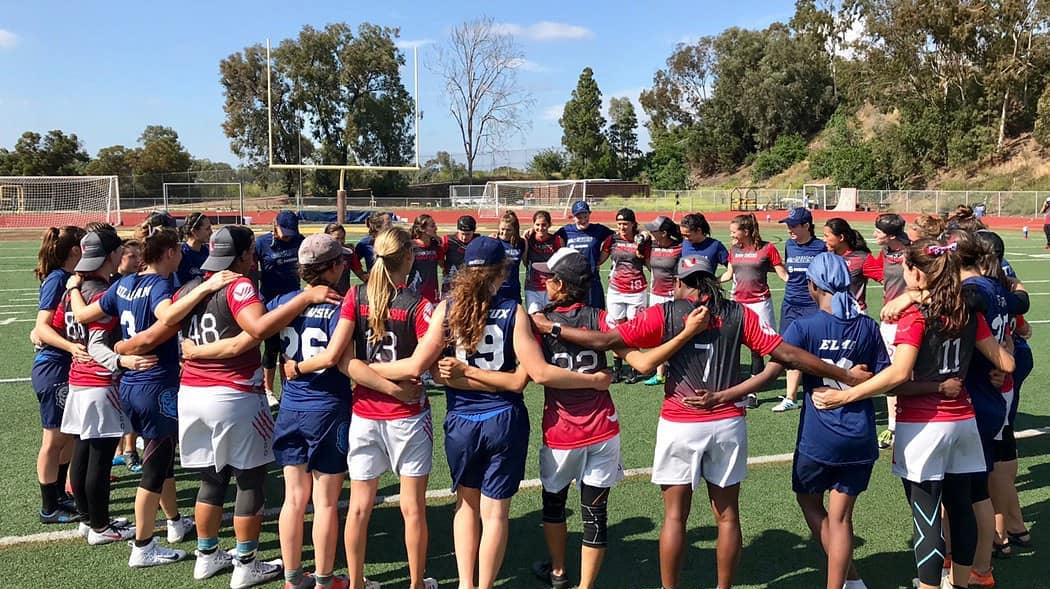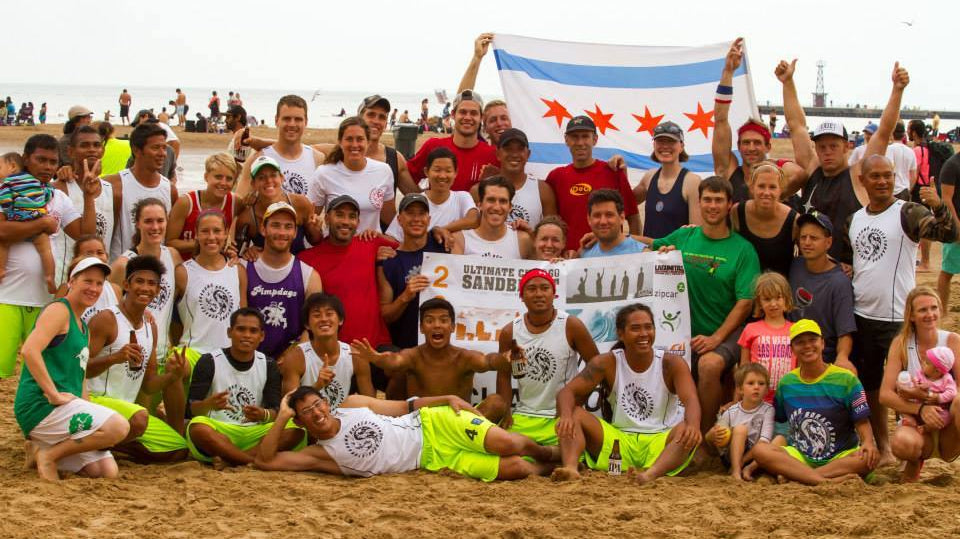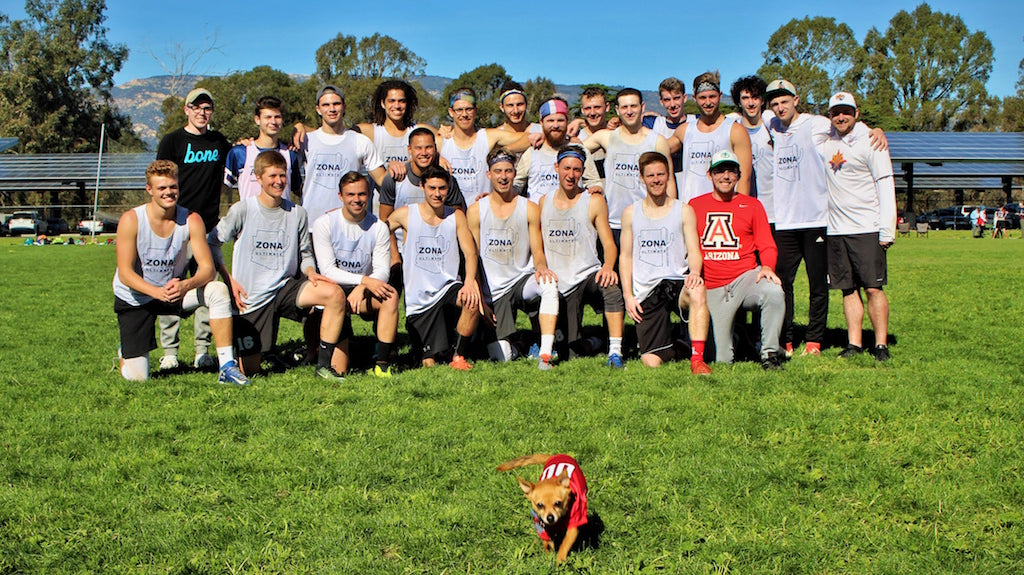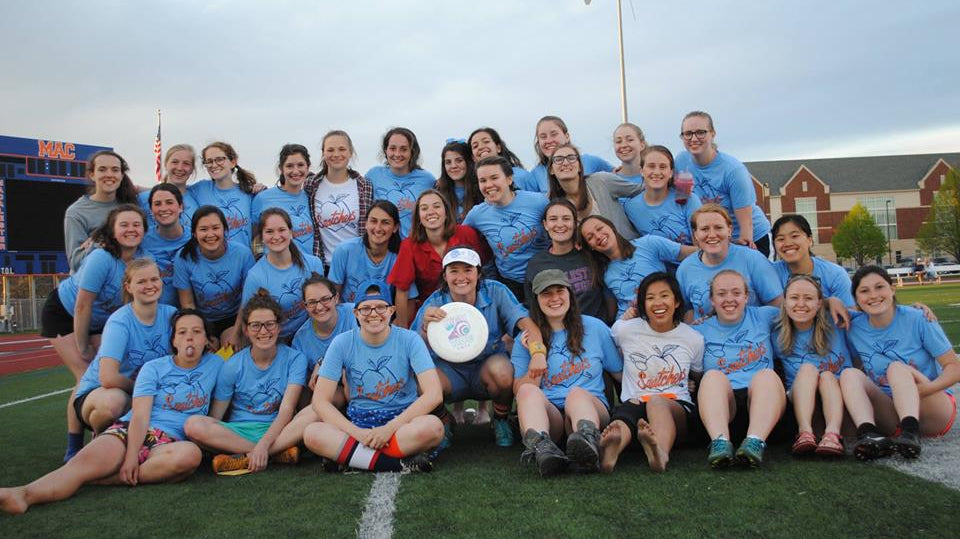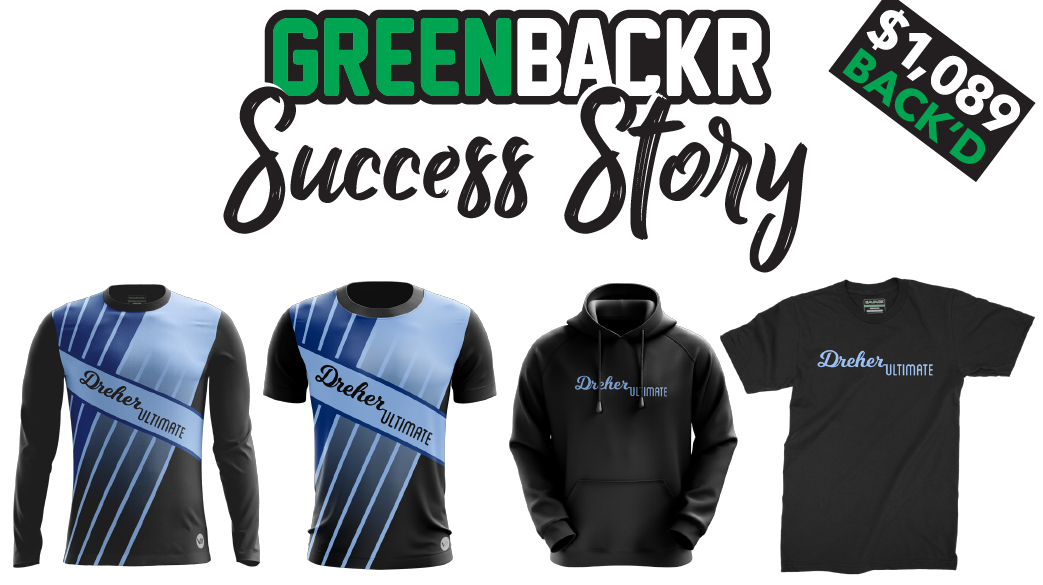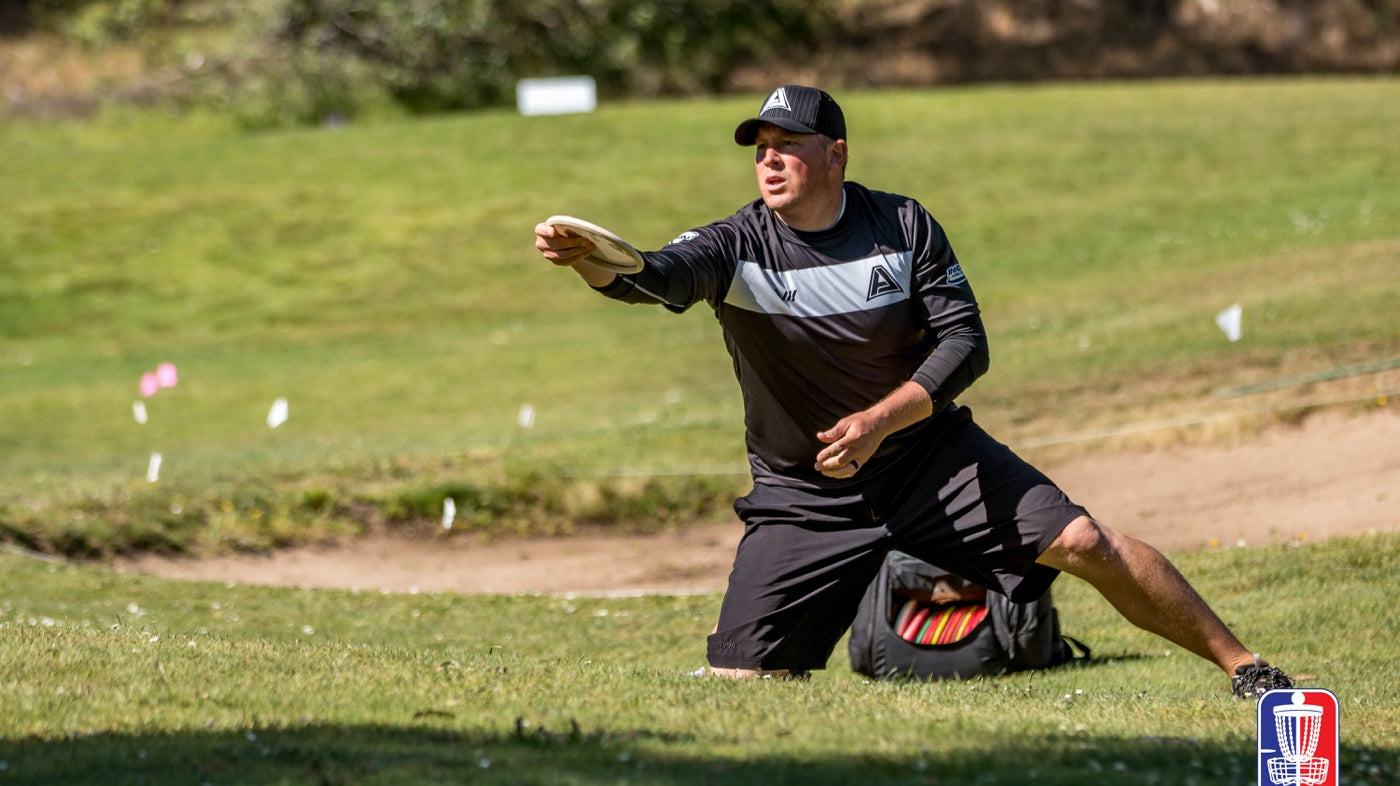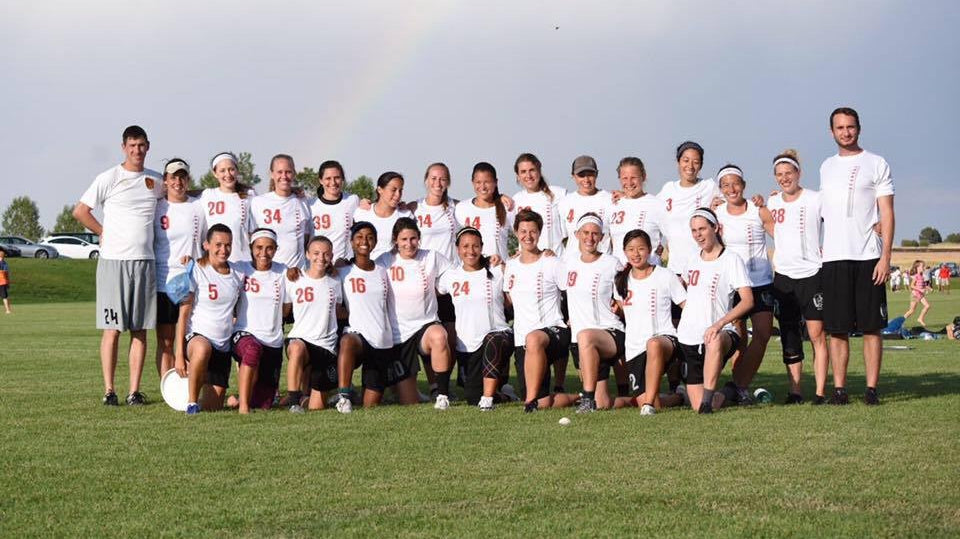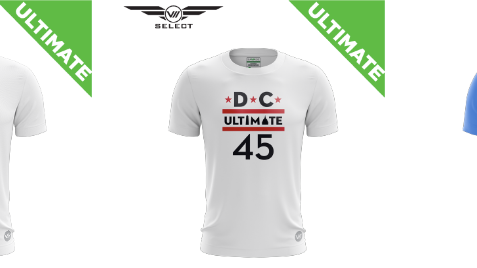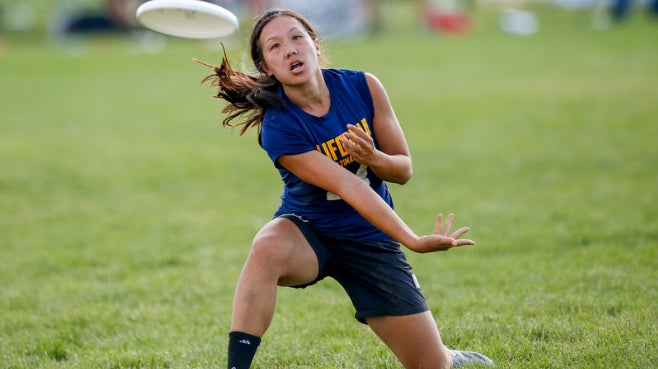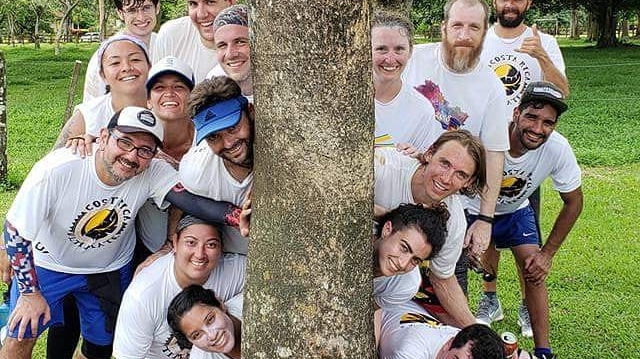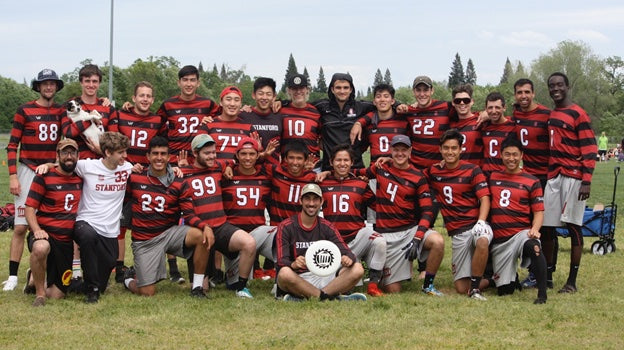News
Ultimate talk with Vault's Neeley Brothers
Photo by Steve Helvin When it comes to ultimate-playing siblings, the Neeley Brothers are some of the best-known names in the game. Matthew and Jonathan helped start and now play...
WestCoast Women's Pro Ultimate takes off running
Professional women's ultimate frisbee has officially arrived in Southern California with WestCoast Women's Pro Ultimate, and Savage is proud to be outfitting the Los Angeles 99s and San Diego Wolfpack as...
Heading to Chicago Sandblast? Here's what you need to know about the beach ultimate tournament
Ultimate Chicago Sandblast is one of America's premier beach ultimate tournaments, and Savage is proud to be the event's new apparel partner. Scheduled for July 13-14 on beautiful Montrose Beach...
7 Questions with the University of Arizona’s Sunburn Ultimate
Sunburn is the University of Arizona’s men’s ultimate team, and Savage is proud to be supplying them with ultimate jerseys, shorts, and more for their season. Check out Sunburn's Team Marketplace...
7 Questions with the Macalester College Pursesnatchers
Founded as a D-III women's team at Macalester College in Saint Paul, Minnesota, in the early ‘90s, the Pursesnatchers’ team culture is based on equity, inclusion, embracing the weirdness, and...
Greenbackr Crowdfunding Success Story: Dreher High Ultimate
Dreher High Ultimate just got one step closer to a successful season thanks to their hard work, supportive fans — and Greenbackr. Their fundraising goal for their Greenbackr crowdfunding campaign was...
Avery Jenkins on the Love of the Flying Disc
Disc sports are meaningful to all of us who love disc golf and ultimate, regardless of whether you’re throwing a disc or a Frisbee. The feeling of the balance, the...
7 Questions with D.C. Scandal
Scandal is the #5 ranked women's ultimate team based in Washington, D.C., and Savage is proud to call them a Savage Select Team. We took a few minutes with Keila Strick...
TMP This Week: Bandits, DC Ultimate, Sweet Action
Hopefully you already know that Team Marketplace is an awesome way for your team or organization to promote and sell a custom selection of Savage gear. It's also a great...
Checking in with 2018 Callahan winner Jackelyne “Kobe” Nguyen
USA Ultimate recently announced the winner of the 2018 Women's Callahan Award: Jackelyne “Kobe” Nguyen. A member of UC-Berkeley's Pie Queens, Kobe quickly went from being a completely inexperienced rookie to being...
I Played Ultimate Under A Volcano
There are a few perks to working at Savage — like cool coworkers, a pinball machine, and occasional doughnut deliveries. Plus, every year, one team member (along with one lucky...
Road to Nationals: 4 Questions with Stanford Bloodthirsty
The last few weeks, we've been interviewing some Savage teams that were headed to D-III College Championships in Illinois. Now, we're moving on to the D-I teams, starting with Stanford's...

